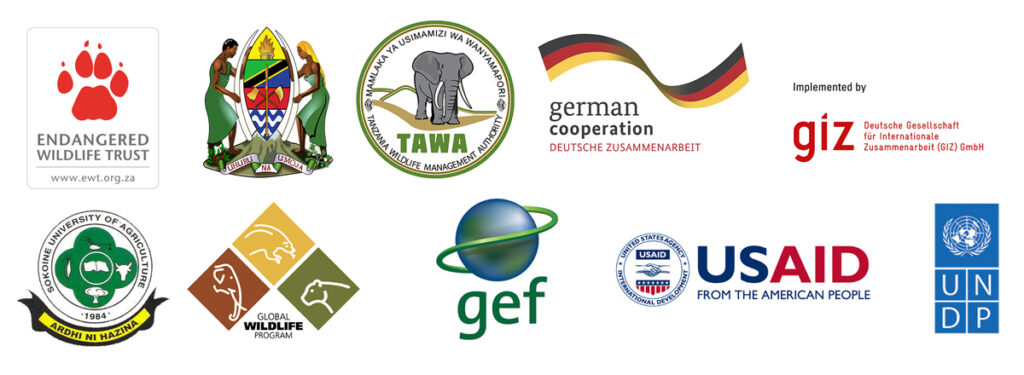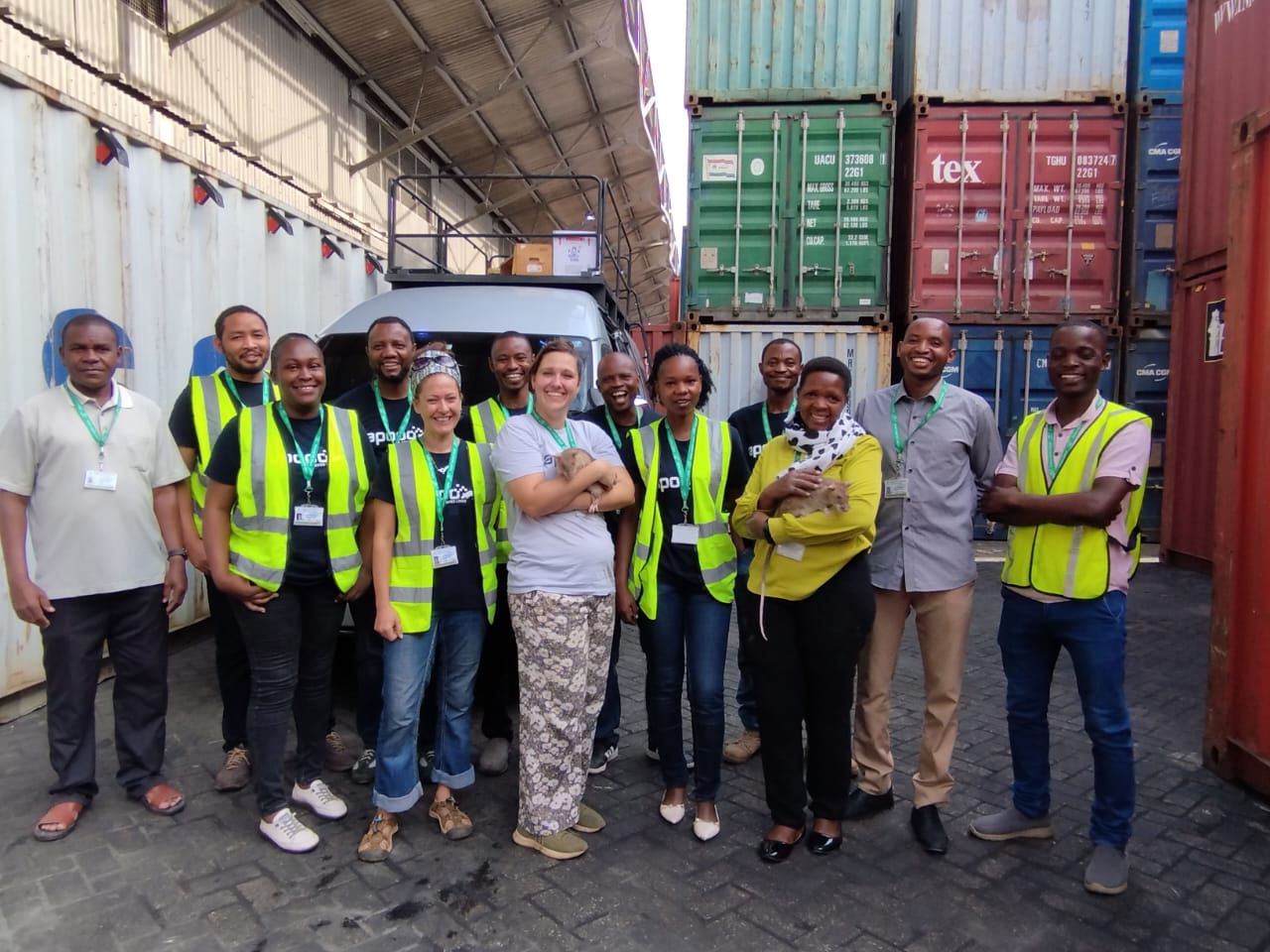APOPO’s HeroRATS recently tested their skills in detecting wildlife contraband in a field trial at the Dar es Salaam seaport in Tanzania. With their keen sense of smell and agility, these remarkable creatures have demonstrated their potential as a non-disruptive and cost-effective screening method to combat illegal wildlife trafficking. The results of this trial have unveiled a promising solution that could transform existing screening methods and provide a valuable tool in the fight against the illegal wildlife trade (IWT).
In partnership with the Endangered Wildlife Trust (EWT) of South Africa, APOPO has been developing this project over recent years and earlier this year ran trials in close collaboration with the Tanzania Wildlife Management Authority (TAWA) and the seaport’s Joint Port Control Unit (JPCU). Using the extraordinary olfactory capabilities of our African giant pouched rats (Cricetomys ansorgei), also known as HeroRATs, APOPO aims to improve the screening process for detecting commonly trafficked wildlife products, such as pangolin scales.
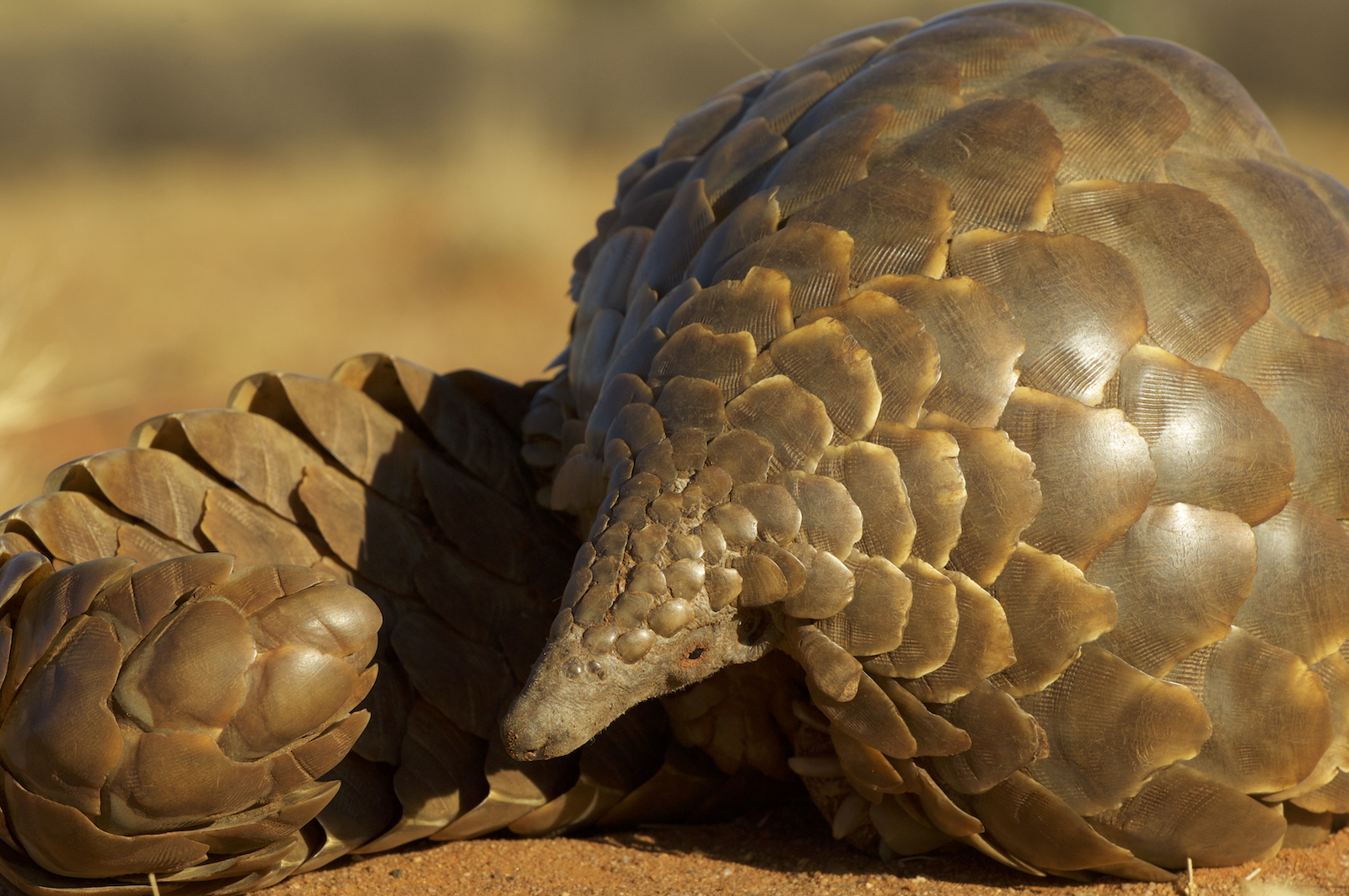
“The trials showed that our rats were able to work confidently and effectively in an operational seaport,” said Dr. Izzy Szott, APOPO’s Behavior Research Scientist leading the team responsible for the latest trial. “The rats performed searches across four different search strategies and, working with their skilled handlers, found over 83% of planted wildlife targets. These findings are significant indicators of the potential of our rats to aid in the fight against the illegal wildlife trade. Not only can rats do the work, but in addition, the involved government parties were impressed and voiced their critical support,” she said.
The trafficking of endangered species and the IWT have grave implications for the conservation and survival of threatened wildlife, as well as the economies and security of affected countries. IWT threatens iconic species and robs communities of their natural heritage. This illicit trade is intricately linked to other global criminal activities, including drug and weapons trafficking, modern slavery, and the exploitation of vulnerable communities. Smuggled wildlife products, skillfully concealed within shipping containers, pose significant challenges for detection and interception. However, by developing innovative methods to detect and deter IWT, we can disrupt these networks, help bring perpetrators to justice, and safeguard endangered species.
Despite increased efforts to curb this illicit trade, the seaport of Dar es Salaam, which handles 95% of Tanzania’s international trade, continues to face challenges in detecting wildlife contraband. Existing screening methods are expensive, time-consuming, and disruptive to legitimate trade, making it difficult for authorities to keep pace with sophisticated tactics employed by organized crime networks.
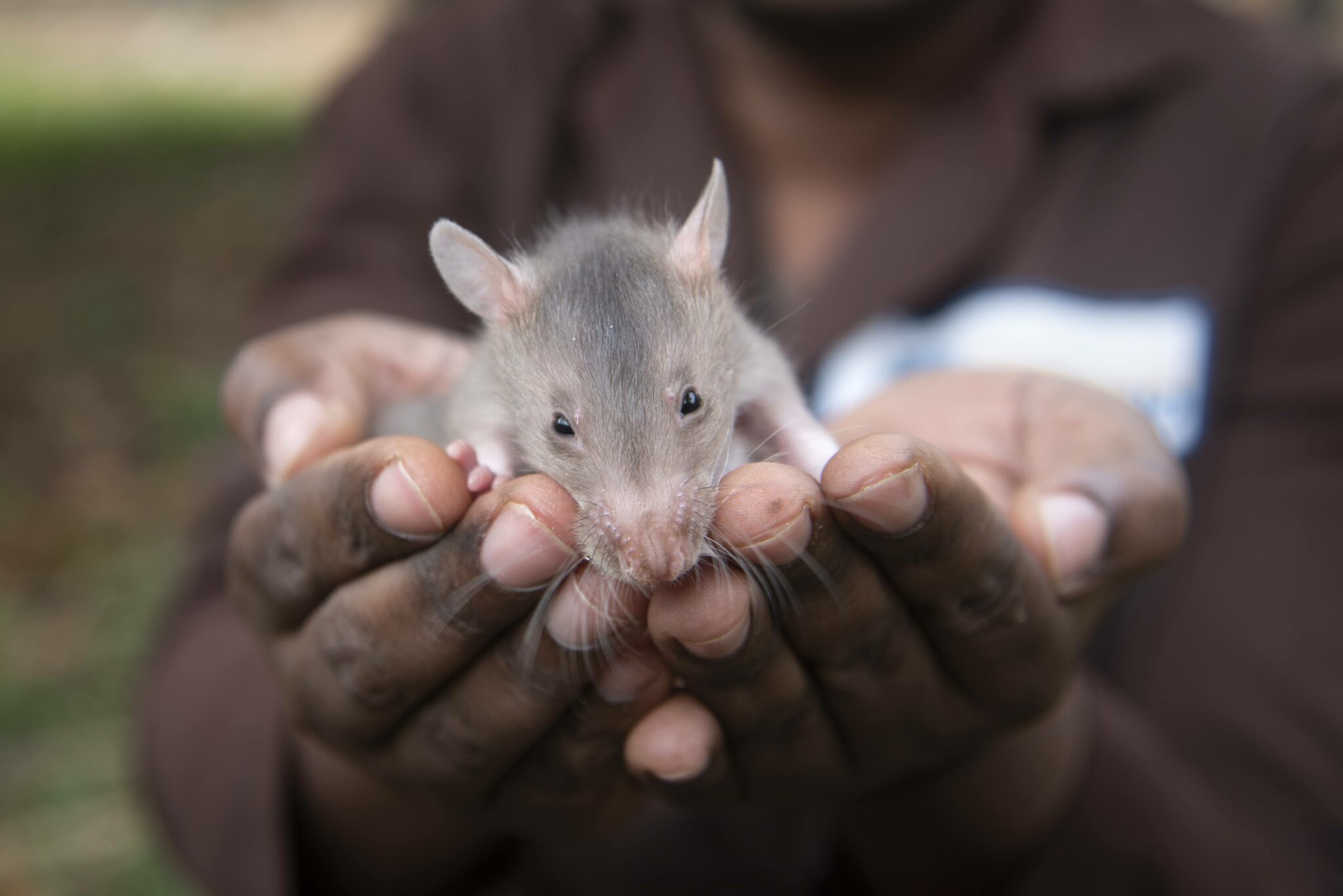
Enter the HeroRATS, bred and trained at APOPO’s Training and Innovation Center in Morogoro, Tanzania. Initially renowned for their skills at detecting landmines and tuberculosis, the rats used in the trial were specifically trained to detect a variety of illegal wildlife products.
The field trial
In March 2023, six HeroRATs were selected to undertake the first field trial at the Dar es Salaam seaport, where their scent detecting skills were put to the test in a real-world environment. Working in collaboration with TAWA and JPCU, APOPO secured permission and support from relevant stakeholders to conduct the trial. The aim was to assess the rats’ effectiveness in detecting wildlife contraband within shipping containers, and refine training methods and operational protocols for potential future deployment.
For the trial, APOPO was supported by a range of government stakeholders as well as donors and is very grateful to all the organizations, partners and supporters involved. The trials were carried out in partnership with EWT and with project support from Deutsche Gesellschaft für Internationale Zusammenarbeit (GIZ) and the UNDP-GEF-USAID ‘Reducing Maritime Trafficking of Wildlife between Africa and Asia’ project under the World Bank-led Global Wildlife Program,” explained Dr. Szott. “Implementation in the port was only possible thanks to the port authorities, as well as the Joint Port Control Unit. Additionally, the Tanzanian Wildlife Management Authority was the implementing partner for the trials and provided critical oversight of the test,” she said.
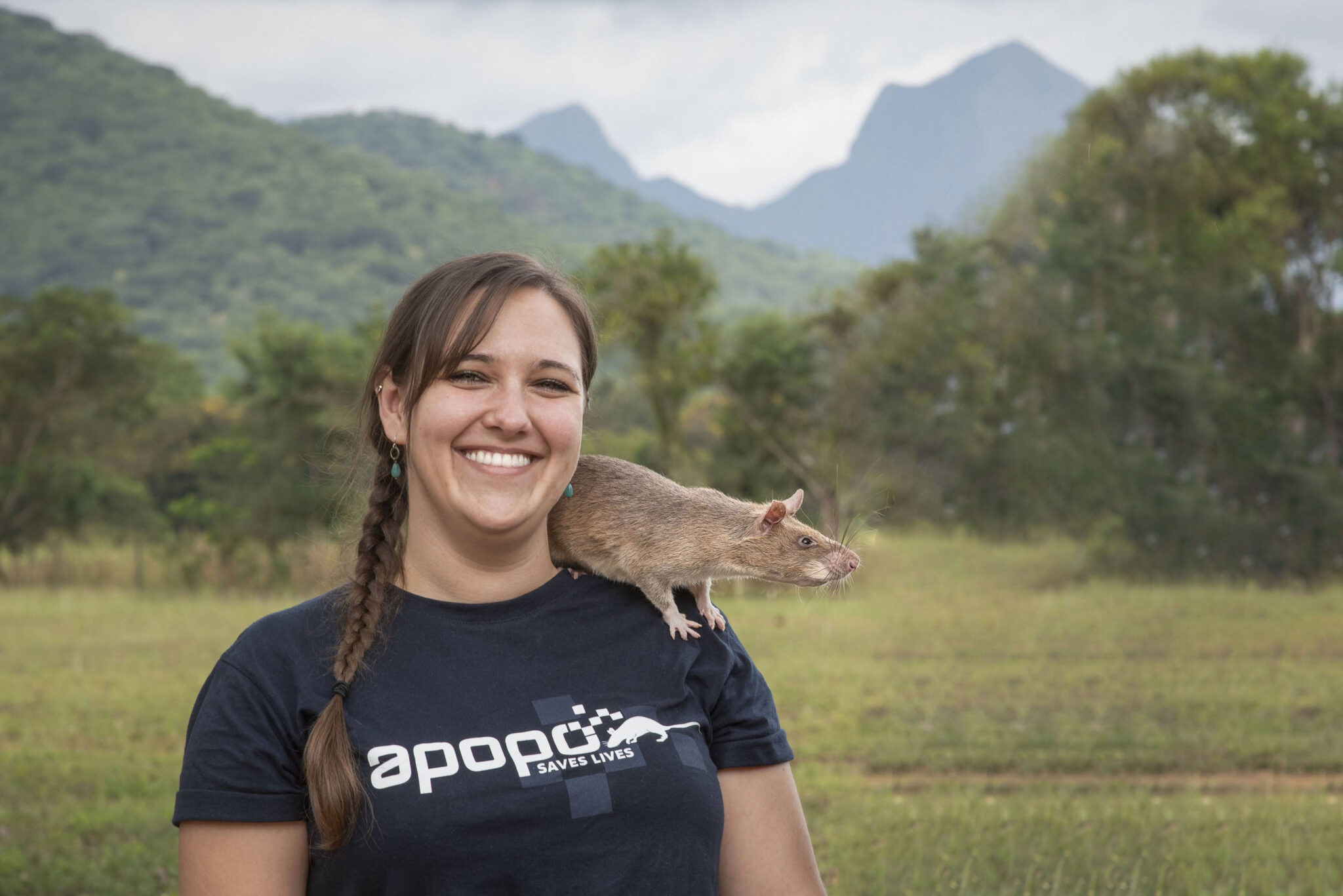
Impressive results
The trial revealed significant promise, highlighting the rats’ potential to screen sealed shipping containers through their vents, search inside opened, stuffed containers, as well as screen a variety of stand-alone/individual items. Multiple rats could be deployed simultaneously to navigate the vast number of containers, quickly identifying illicit shipments in a matter of minutes. Importantly, the rats demonstrated adaptability to the noisy port environment and performed consistently well with different handlers. Lessons learned from the trial will inform further refinements and enhancements in training methods and logistics for the future deployment of detection rats.
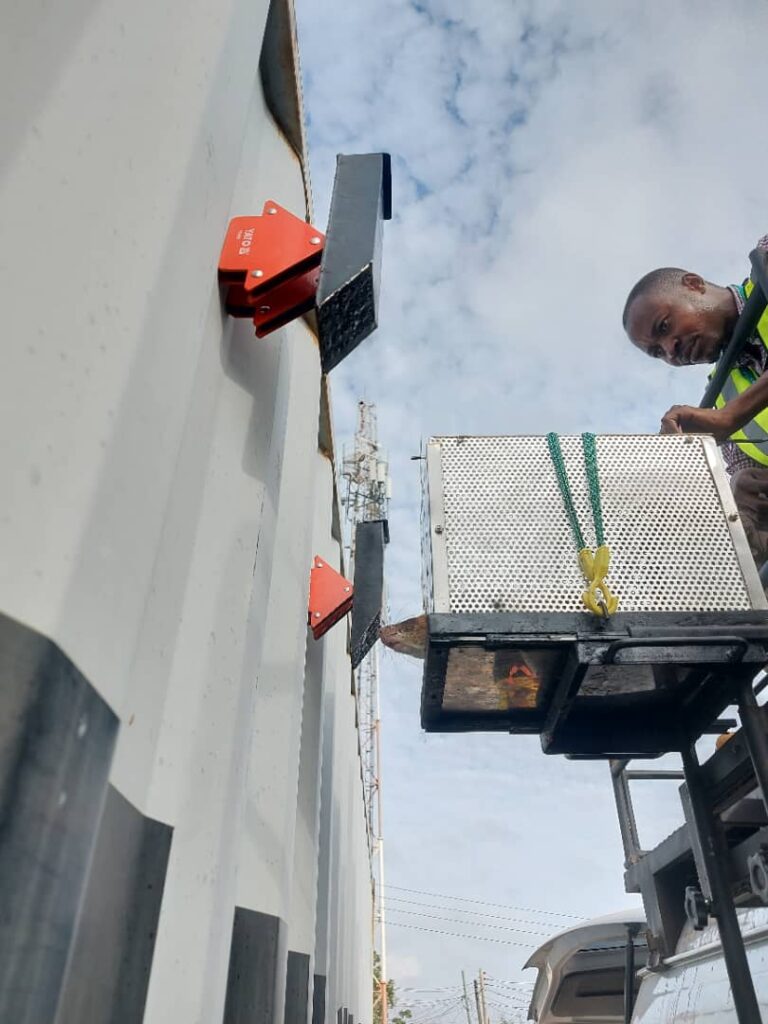
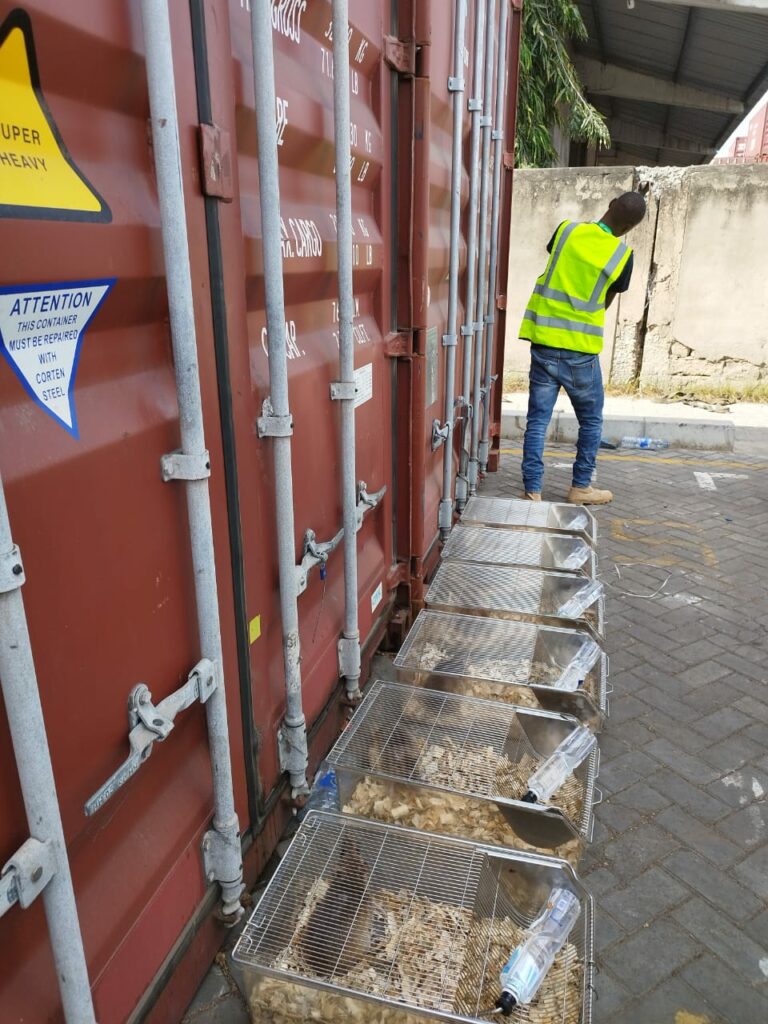
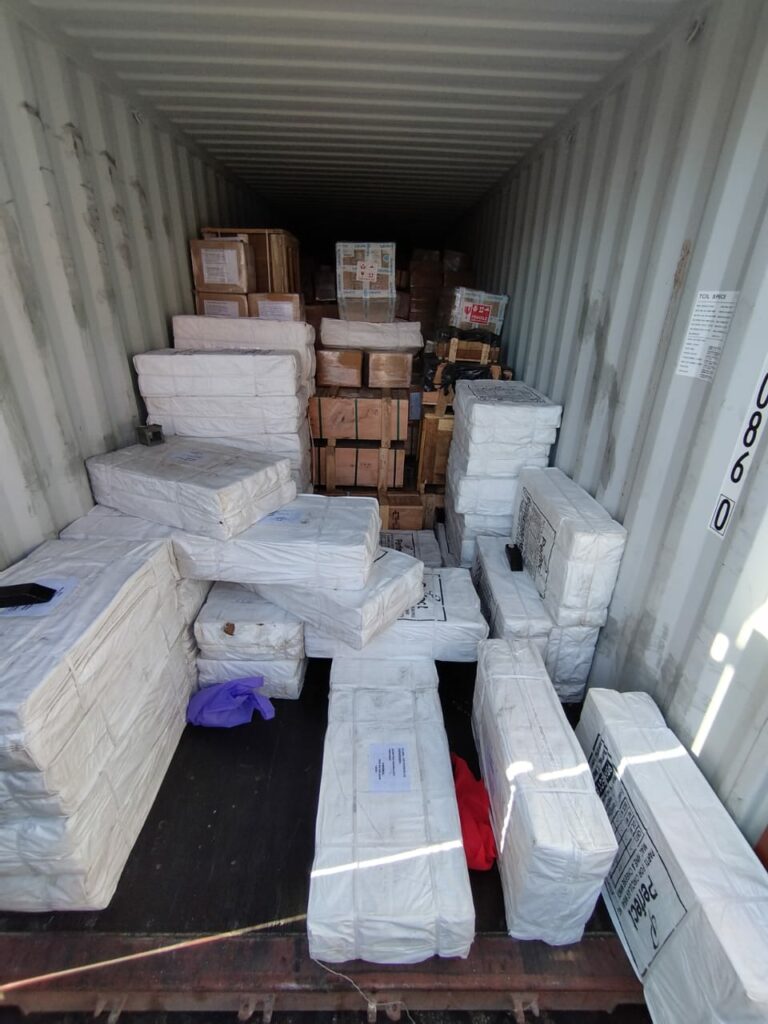
Next steps
With the success of the trial, APOPO is now focused on scaling up the program and fine-tuning the rats’ capabilities for real-world deployment. A new litter of rats is currently undergoing training, and invaluable insights gained from the field trial will help replicate the busy port environment at APOPO’s training facilities. Additionally, APOPO aims to address challenges such as temperature regulation for the rats and redesign their backpacks to enhance functionality and stability during operations.
The achievements at the Dar es Salaam seaport open doors for wider implementation of APOPO’s HeroRATs in combating illegal wildlife trafficking. The program’s expansion to other ports of entry worldwide offers great potential for disrupting crime networks and protecting endangered species. APOPO plans to train more rats,and potentially extend detection capabilities to additional endangered wildlife products, and explore further opportunities for their deployment in airports and land borders.
“Within the next few years, wildlife detection could become APOPO’s next operational program,” said Dr. Szott. “Building on the many years of lessons learned in training scent detection rats and developing new and innovative methods, we have been able to develop training protocols, implement lessons learned, and create new pathways for our rats,” she concluded.
Through ongoing collaborations and continued support from partners, donors, and wildlife and port authorities, APOPO aims to establish HeroRATs as standard screeners in ports worldwide, making a lasting impact on wildlife conservation efforts and becoming part of the solution for a safer, more sustainable future for our planet.
APOPO is grateful to all donors and partners who are instrumental to the success of our anti-wildlife trafficking project.
